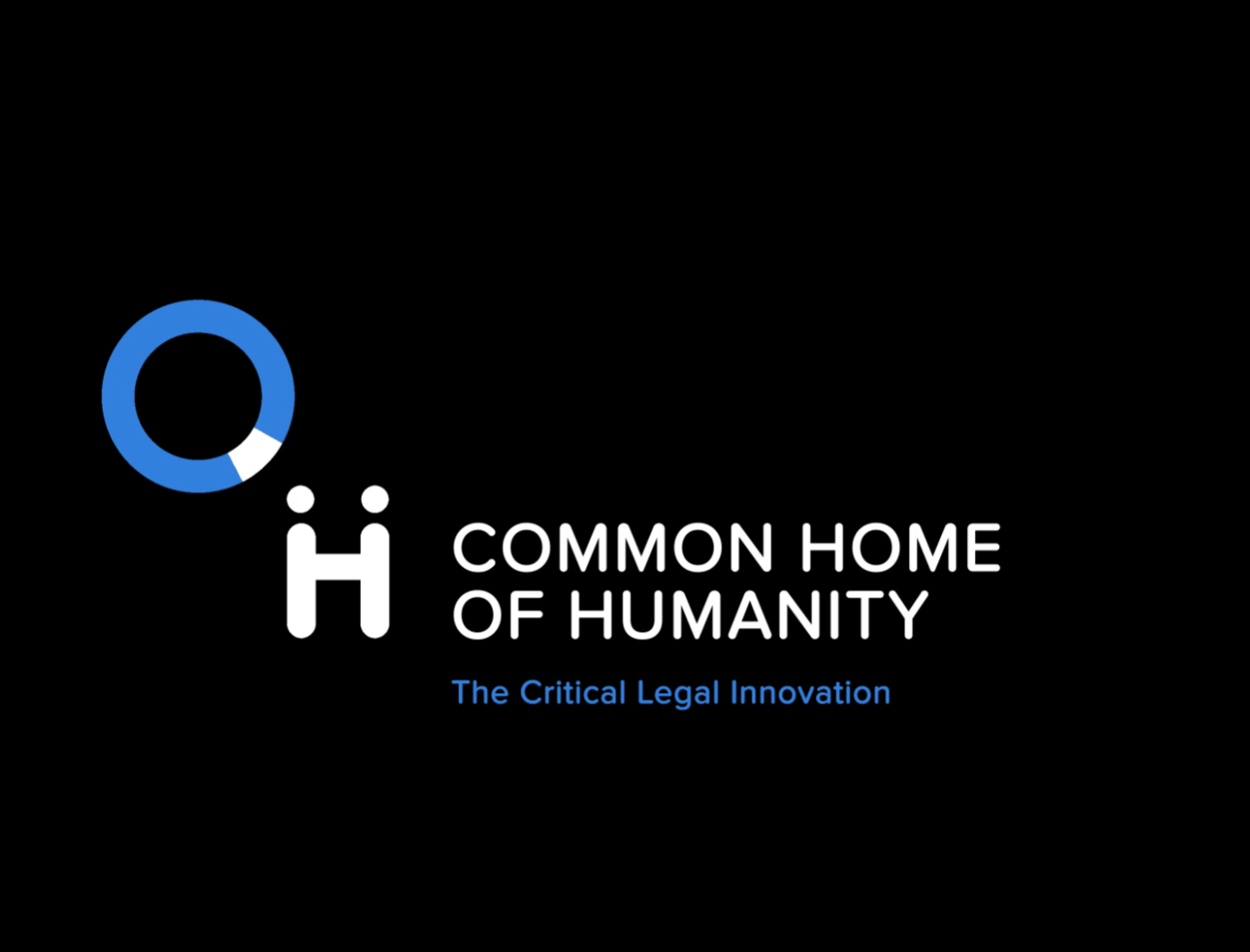Common Home of Humanity
Powerful short videos and great animations about the Earth system: the common home of humanity
The Common Home of Humanity in a glimpse: 1. Throughout the history of the planet, the Earth System has existed in various states, with transitions in between them, but has always functioned as a single integrated system at planetary level.
2. A stable climate is a visible manifestation of a well-functioning Earth System.
3. When the issue of climate change entered into the UN agenda, one of the first questions raised was: What is climate from a legal point of view? On 12 September 1988, the Ambassador of Malta requested the inclusion of an additional item, “Declaration proclaiming climate as part of the Common Heritage of Mankind”, in the Agenda of the 43rd session of the UN General Assembly. The UN resolution passed considered climate as “Common Concern of Mankind”.
4. However, nobody knew what the climate as “Common Concern of Mankind” meant from a legal standpoint. Twenty-five official climate negotiations have already happened with no practical results. Without legally defining and recognising the climate as a “common good” that must be protected and restored, endless negotiations without results will continue.
5. Because the Earth System was until recently not scientifically defined and because it is not restricted to the traditional territorial global commons but also spans areas subject to national jurisdiction, the Earth System is still ignored by international law although it exists in the real world and constitutes the support system for all life on Earth.
6. The global functioning of the Earth System cannot be appropriated by any national sovereignty as it is materially and legally indivisible. From a legal standpoint it can be classified only as an intangible asset.
7. A well-functioning state of the Earth System can be subject to qualitative depreciation through a wide range of human pressures. Its stability can be disrupted.
8. In the absence of a legal regime that regulates its use, the Earth System has been progressively used as ‘no man's land’, operating in a free-for-all scenario, where there are neither restrictions on its depreciation nor compensation for those who maintain or recover its functional aspects. The outcome is the tragedy of this truly intangible global common, of which the most visible manifestation is climate change.
It has now become possible to qualitatively define the key processes that underpin the functioning of the Earth System – the planetary boundaries – and to quantitatively measure the conditions required to maintain a well-functioning Earth System. This is the safe operating space for humankind.
9. Returning to a well-functioning state of the Earth System demands the reduction of the greenhouse gas emissions and the removal of CO2 excess from atmosphere, as well as actively restoring and protecting the biosphere, which is essential for maintaining the Earth System in a Holocene-like state.
10. To this day the positive impacts (made by ecosystems as well by human action) that contribute to the maintenance of a well-functioning Earth System are economically invisible since they are produced in an intangible global common good that is not legally recognized.
11. The outcome is that, although technological solutions do exist, the necessary legal framework and social infrastructures required to restore a well-functioning state of the Earth System are not in place.
12. This qualitative condition of safety and stability, although intangible, is measurable and identifiable. As a result, it is not only possible to distinguish it from the territorial space of the planet, but also to consider it as a set of separate legal entities - the biogeophysical global-scale cycles and energy flows of the Earth System on one side, and the physical planet and the space of territorial sovereignties of the States, on the other side.
13. This means that it is scientifically possible to define the common good that should be the object of international law and shared governance. This good, by being global and indivisible, should belong to all humanity - the intangible Common Heritage of Humankind.
14. Under this proposed legal object of international law, an accounting system should be established, so the negative impacts that contributed to the depreciation of the Common Heritage and the positive impacts that contribute to its maintenance in and restoration to favourable conditions can both be accounted for.
15. The fundamental role of ecosystems in the stabilization and well-functioning state of the Earth System is incomparably higher than the value of the commodities that can be extracted from it. Nevertheless, this natural “work” is ignored by international law and consequently invisible to economies and societies.
16. Only by legally recognizing the ultimate global common good – the Earth System – where the benefits produced by ecosystems can be internalized and accounted for, is it possible to recognize the true value of the “work” of nature and reward economically the intangible life-supporting function it provides, without the need to destroy it.
17. The economic visibility of positive impacts on the Earth System is the opportunity to break the current vicious cycle of increasing destruction and to foster the evolution of a legal framework designed for building a sustainable, regenerative and redistributive economy that is able to reduce pollution, and to produce, restore, maintain and renew the core natural services provided by the Earth System.
18. Around this new intangible Common Heritage an economy can be built where natural intangibles that support life are recognized and respected and new forms of cooperation and inclusive multilateralism could be designed, grounded and developed.
19. A planet with an Earth System in a non-favourable state for humankind simply cannot serve as our home. Our common home is an intangible, well-functioning Earth System, within which human societies, as an integral and interacting components of a complex and adaptive Earth System, should be organized to maintain a favourable state of the system.


